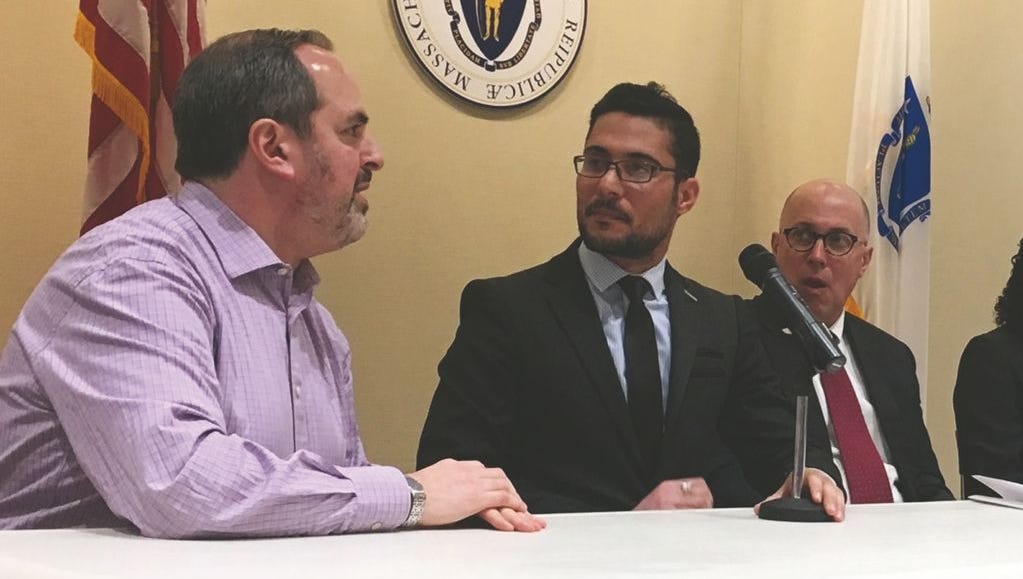A friend sent me the news this weekend that Tennessee is becoming the first state ever to allow IMGs to come over and practice without US based residency training.
I am wondering what folks here think about this.
My first thoughts are that this is not a good idea, as the quality of training around the world varies a lot and I doubt the powers that be will have a good way of handling this. Many doctors in the US are already not great and I feel like this will only increase the number of doctors not providing optimal and extremely competent care. Of course the stated reason for this new policy is that we need more doctors in rural areas, but much like midlevels or doctors who were let into medical school here because they were from underserved areas, it does not mean these providers will actually practice in these high need areas.
On the other hand, these physicians are going to be required to pass all three USMLE steps, as I understand it, to be able to practice. These doctors would probably provide better care than the vast majority of NPs/PAs and could probably be paid approximately the same.
I am wondering what folks here think about this.
My first thoughts are that this is not a good idea, as the quality of training around the world varies a lot and I doubt the powers that be will have a good way of handling this. Many doctors in the US are already not great and I feel like this will only increase the number of doctors not providing optimal and extremely competent care. Of course the stated reason for this new policy is that we need more doctors in rural areas, but much like midlevels or doctors who were let into medical school here because they were from underserved areas, it does not mean these providers will actually practice in these high need areas.
On the other hand, these physicians are going to be required to pass all three USMLE steps, as I understand it, to be able to practice. These doctors would probably provide better care than the vast majority of NPs/PAs and could probably be paid approximately the same.







